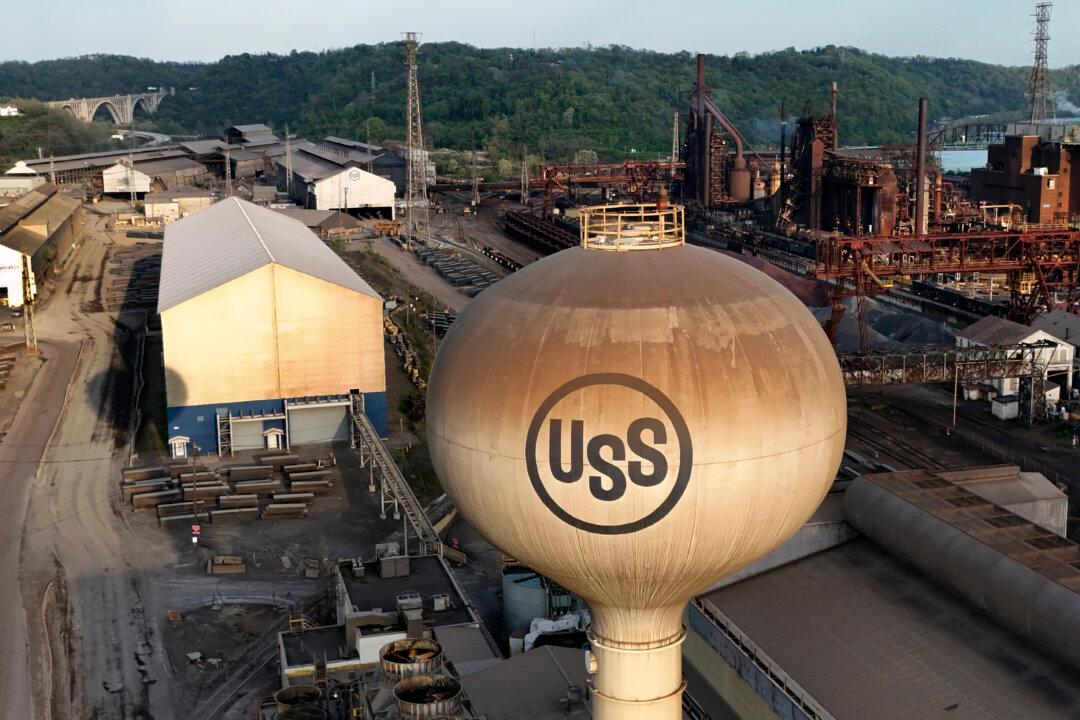U.S. Steel and Nippon Steel are suing to challenge the Biden administration’s decision that blocked a nearly $15 billion deal for the Japanese company to take over its Pittsburgh-based competitor.
The lawsuit, filed on Jan. 6 in the U.S. Court of Appeals for the District of Columbia Circuit, accuses President Joe Biden and senior administration officials—including Treasury Secretary Janet Yellen and Attorney General Merrick Garland—of violating the companies’ due process rights in a review process they said was “manipulated” for political reasons.





